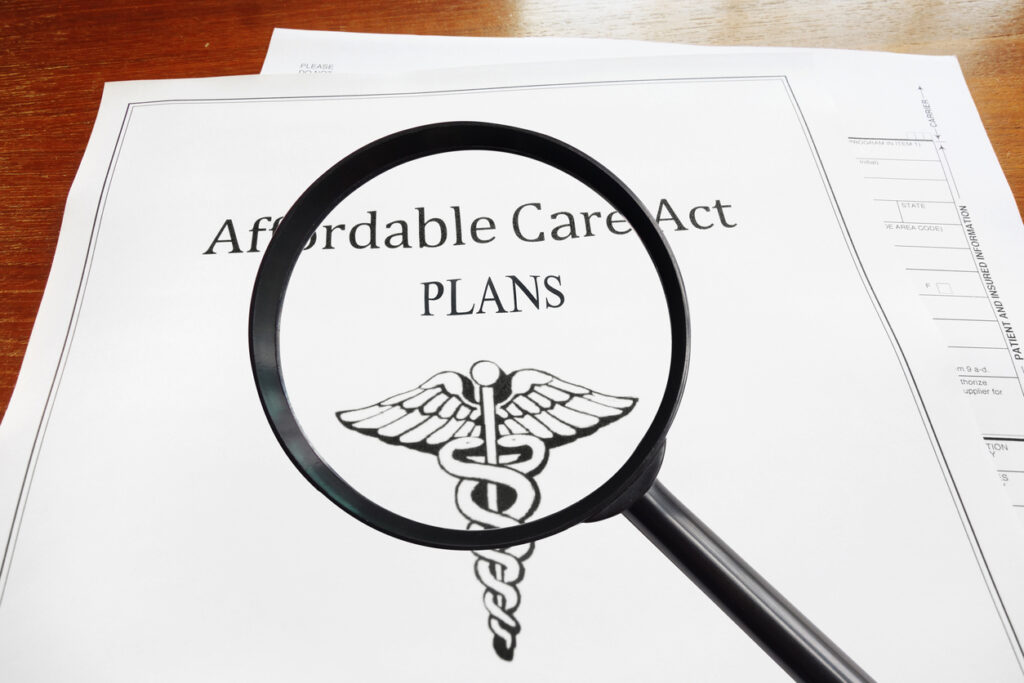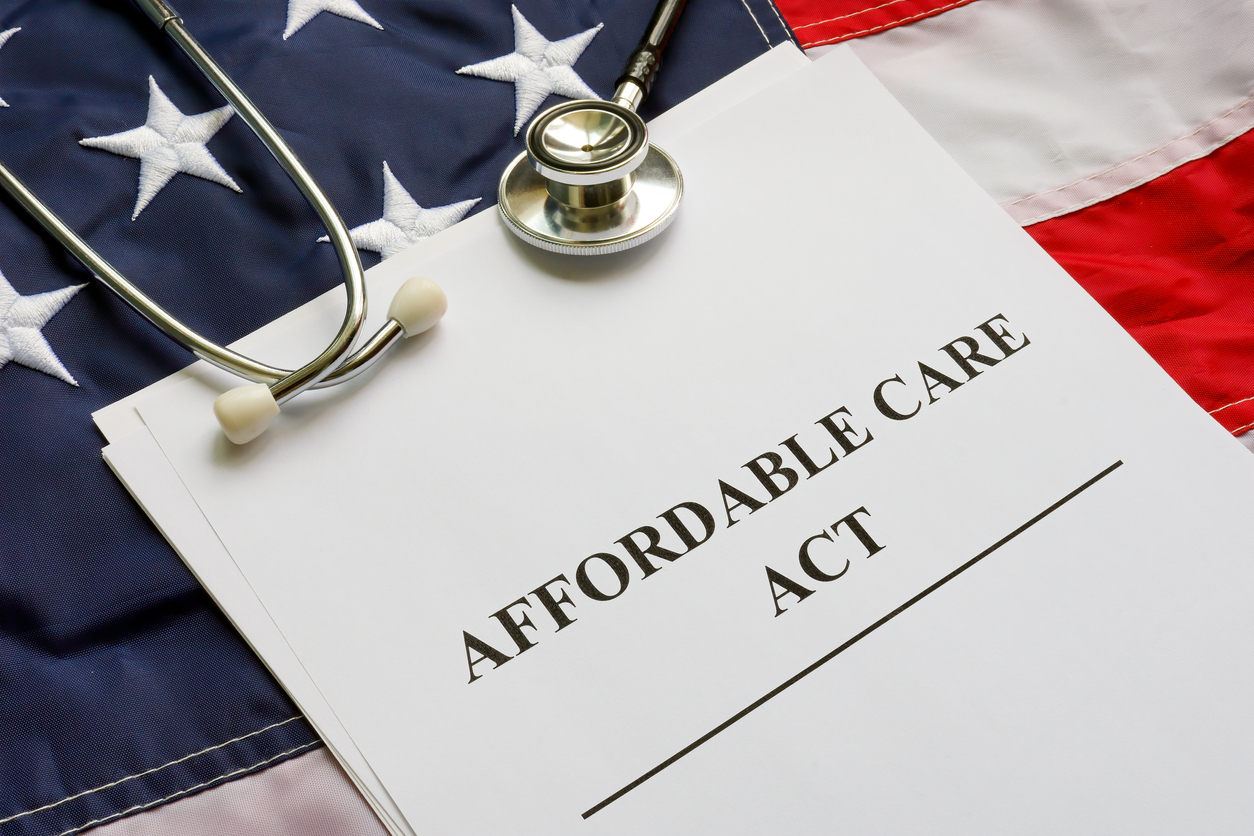
The Trump Administration has introduced sweeping changes to the Affordable Care Act (ACA) Marketplace, set to take effect in 2025 and beyond. These changes will significantly impact how individuals enroll in coverage, determine their eligibility, and receive financial assistance.
Here’s a quick guide to what’s changing and how it might affect you and your loved ones:
1. No More Monthly Enrollment for Low-Income Individuals
Until now, if your income was under about 150% of the federal poverty level, you could enroll in Marketplace health coverage any month of the year.
Starting in 2025, the monthly option to enroll in coverage is no longer available.
Instead, you’ll only be able to enroll:
- During the Open Enrollment Period (usually November through January), or
- If you experience a qualifying life event (like losing other coverage, getting married, or having a baby).
Why? The Trump Administration is trying to reduce fraud and prevent people from being switched into new plans without their permission.
2. Stricter Checks for Eligibility and Income
Consumers applying for health insurance outside of Open Enrollment now need to prove they qualify for ACA subsidies or financial aid, immediately before selecting a plan, as real-time checks will confirm eligibility at the time of application.
This eliminates the previous process of submitting documents and waiting for approval after enrollment. If you’re automatically re-enrolled and haven’t updated your income, your subsidy, also known as a premium tax credit, could be reduced by $5 per month, so it’s important to review your plan and income every year, even if you’re not making changes.
3. Limits on Federal Help for Some Gender-Affirming Procedures
A new rule says federal subsidies (the discounts that lower your monthly premiums) can’t be used to pay for certain gender-affirming treatments labeled as “sex-trait modification procedures.”
The details are still being discussed, and this change could lead to legal challenges. But it’s something to keep in mind if you or a family member is considering these services.
4. DACA Recipients Still Not Eligible
DACA recipients remain ineligible for Marketplace health coverage and financial assistance. The DACA program offers temporary protection from deportation and work authorization to certain undocumented individuals who arrived in the U.S. as children. This policy confirms the long-standing rule and is important for mixed-status families to understand.
5. Open Enrollment Will End on December 31 (Starting in 2027)
Continuing into the 2026 plan year, different states have different deadlines for Open Enrollment.
- Mark your calendar for Open Enrollment.
- Most states have an Open Enrollment deadline of January 15 for health insurance coverage.
- However, there are exceptions: Idaho’s deadline is December 16, while Massachusetts and Virginia extend it to January 23 and January 22, respectively.
- California, New Jersey, New York, Rhode Island, and the District of Columbia have the latest deadline of January 31.
- Be sure to check your state’s deadline to ensure timely enrollment.
Beginning in 2027, everyone—no matter what state—will have the same enrollment deadline: December 31.
6. Some Rules Might Expire After 2026
A few of the tighter rules around verifying income and eligibility will only last through the 2026 plan year unless renewed. The government wants to see how well they work before deciding to keep them.
Bottom Line
These ACA changes are designed to reduce fraud, simplify enrollment, and make the system more efficient, but they may also affect when and how you can get coverage, and how much help you receive.
What you can do:
- Mark your calendar for Open Enrollment.
- Most states have an Open Enrollment deadline of January 15 for health insurance coverage.
- However, there are exceptions: Idaho’s deadline is December 16, while Massachusetts and Virginia extend it to January 23 and January 22, respectively.
- California, New Jersey, New York, Rhode Island, and the District of Columbia have the latest deadline of January 31. Be sure to check your state’s deadline to ensure timely enrollment.
- Always double-check your income info and eligibility each year.
- Stay updated on changes, especially if you’re affected by new limits around income, DACA, or gender-affirming care.
Need help finding the right health plan? Try our ACA Subsidy Calculator to see if you qualify for savings, or connect with a licensed insurance agent who can walk you through your options and help you enroll.





